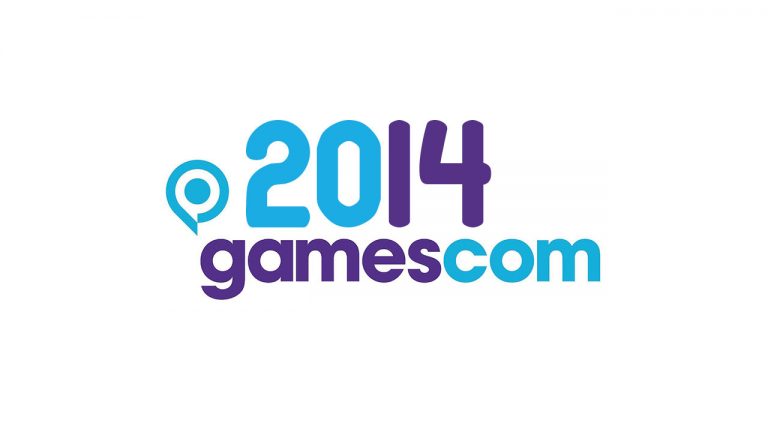I have been hearing people talking about how we might see Gamescom overtake E3 in the next few years in terms of biggest video game conference. Gamescom has begun to grow at an incredible rate, but I think this year provides a different kind of statement for how developers and publishers view the European conference. Instead of Sony and Microsoft saving their largest announcements for Gamescom, it feels more like they are saving their ambitious announcements for the conference. While E3 is — and, for the foreseeable future, will be — the stage for sure-fire announcements, Gamescom seems like a place where underrated announcements, aimed for a specific audience, can get some traction.
E3 is always going to be a big event because it draws the mainstream press. While USA Today or CNN aren’t going to cover the most recent trailer for Shadow Realms, they all seem to be interested in flying to Los Angeles for a week to cover the biggest announcements in the industry. Condensing gaming’s biggest news into one week is convenient to the people who aren’t following the day-in-day-out slog of video games. So why can’t can’t Gamescom be that event? Because North American mainstream outlets don’t care, and in the current world we live in North American sales are still the highest profile battleground for Sony and Microsoft.
In a way, it is the same high profile which hurts E3. Because an international spotlight is on the industry, the press conferences are usually an opportunity to simply assure the masses of video game status quo. Sony wants you to know they’re still working on an Uncharted game, Microsoft wants you to see the latest Call of Duty, Ubisoft trots out Assassin’s Creed, and EA wants you to see what they’ve done with Madden. Maybe some indie games make their way to the stage, but that is more of a hearts-and-minds play — an olive branch to the important indie market.
What we saw at Gamescom was risky, controversial, and exciting. Wild is a game which strikes a chord with anyone who follows games closely to be familiar with Michel Ancel’s work, but it is not something the average consumer would be interested in. Ancel’s games have never sold on par with Assassins’ Creed, Halo, or Metal Gear, they simply just don’t have mainstream pull. The same goes for Hellblade. Try explaining Ninja Theory’s work to the average passer-by and you’ll likely get little more than a confused shrug of the shoulders. But the next project from the studio who made Heavenly Sword, Enslaved: Odyssey to the West, and DmC: Devil May Cry would excite a particular crowd.
Over the last few years, Gamescom has solidified itself as fertile ground for new and inventive ideas. It was where the first International was held back in 2011. Last year, Sony used the European press conference to announce the PlayStation 4’s release date. Microsoft announced the full launch lineup for the Xbox One. It could be argued Gamecom has been used as E3 clean-up, adding the final details to announcements which came at the North American counterpart. But that doesn’t really feel like the case. It feels like these companies have viewed Gamescom as an audience more intersted in the minutia of announcements.
In some ways, the argument that Gamescom is bigger than E3, already holds water. To someone who loves games, who is always looking for new titles in every genre, Gamescom held a lot of announcements that truly excited me, whereas E3 was a giant shoulder shrug. Even the exciting news, like Bloodborne or the Master Chief Collection had already been leaked, as if Sony and Microsoft wanted to test waters before revealing the news to the public. The news at Gamescom felt more unexpected. There were no, “and one last thing…” moments, but there were smaller reveals which really grabbed people’s attention.
It’s possible that one day Gamescom will be the bigger show, with more mainstream media, and more international attention. Held on a European stage as console gaming finds new markets in untapped countries, Gamescom might become the E3 of the future. But I hope not. I hope it continues to be a place where sub-blockbuster projects get a time to shine. Where games like Shadow Realms, The Vanishing of Ethan Carter, and Everybody’s Gone to the Rapture can find time on stage. E3 may forever be the larger show, where the news is hardly new and the money-makers are paraded about like beauty pageant contestants, but I hope Gamescom can forever be the show where the unexpected happens, where the other guys get their time to shine. Gamescom may not, and may never, be bigger than E3, but hopefully it remains cooler.

0 Comments